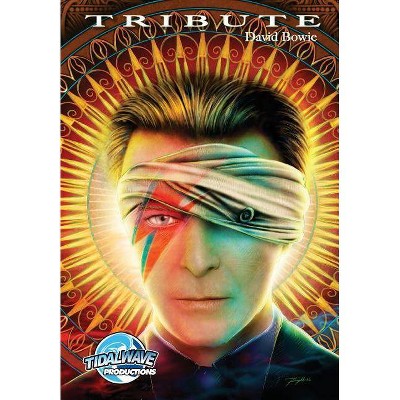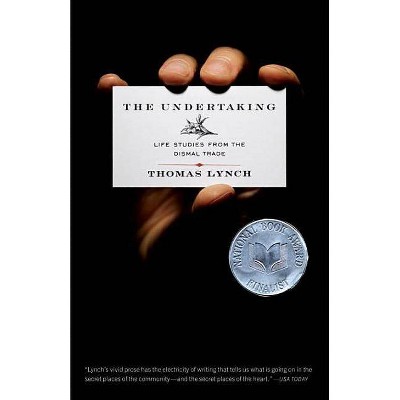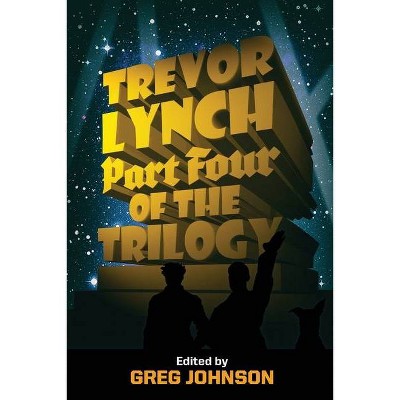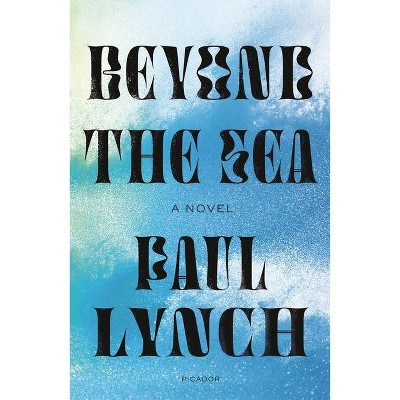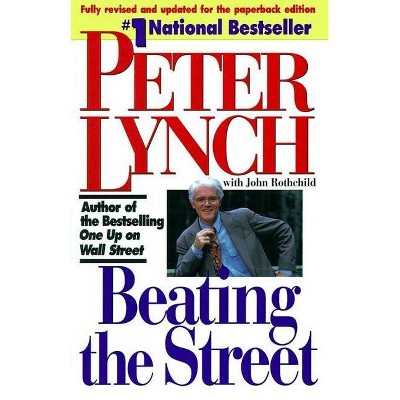The Internet of Us - by Michael P Lynch (Paperback)
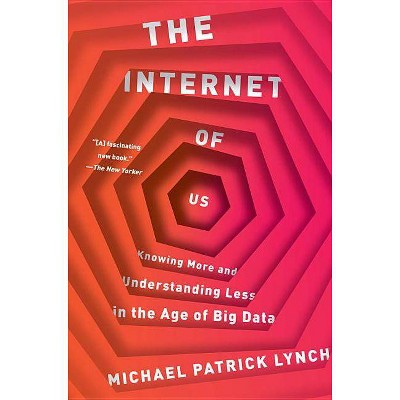
Similar Products
Products of same category from the store
AllProduct info
<p/><br></br><p><b> About the Book </b></p></br></br>An intelligent book that struggles honestly with important questions: Is the net turning us into passive knowers? Is it degrading our ability to reason? What can we do about this? --David Weinberger, <em>Los Angeles Review of Books</em><p/><br></br><p><b> Book Synopsis </b></p></br></br><p>We used to say "seeing is believing"; now, googling is believing. With 24/7 access to nearly all of the world's information at our fingertips, we no longer trek to the library or the encyclopedia shelf in search of answers. We just open our browsers, type in a few keywords and wait for the information to come to us. Now firmly established as a pioneering work of modern philosophy, <em>The Internet of Us</em> has helped revolutionize our understanding of what it means to be human in the digital age. Indeed, demonstrating that knowledge based on reason plays an essential role in society and that there is more to "knowing" than just acquiring information, leading philosopher Michael P. Lynch shows how our digital way of life makes us value some ways of processing information over others, and thus risks distorting the greatest traits of mankind. Charting a path from Plato's cave to Google Glass, the result is a necessary guide on how to navigate the philosophical quagmire that is the "Internet of Things."</p><p/><br></br><p><b> Review Quotes </b></p></br></br><br>A bracing challenge to Internet enthusiasts.-- "Booklist"<br><br>An excellent, much-needed contribution to the constant battle to sort truth from falsity.-- "Kirkus Reviews, starred review"<br><br>In <em>The Internet of Us</em>, Michael P. Lynch begins by pointing out, rightly enough, that in the age of the Internet we seem simultaneously to know more and know less. This leads him, philosopher that he is, to ask some questions about what it means to say that we know something...Mr. Lynch's basic argument is that if we understand better the conditions under which knowledge is produced and disseminated--conditions he explores clearly and cogently--then we will become more 'responsible' knowers.--Alan Jacobs "Wall Street Journal"<br><br>In this age of 'surf Google now, ' everyone is an expert by virtue of the instant ability to click for answers...Lynch's treatise shows us that constantly forsaking the effort to dig and analyze in favor of quick information is a recipe for disaster that too often results in impulsive half-formed decisions...[T]his is a must read book.-- "Electric Review"<br><br>Michael P. Lynch is a deep thinker and a wise soul. In his beautifully written <em>The Internet of Us</em>, he goes to the heart of a high-stakes existential drama in which nothing less than the fates of knowledge, education, democracy and what it means to be human are at stake.--Owen Flanagan, author of The Geography of Morals: Varieties of Moral Possibility<br><br>To object to the internet would be like objecting to the atmosphere. But just as the atmosphere can be too warm, too toxic or can send violent storms our way, so, too, can the infosphere create many difficulties, not the least of which is the conflict between privacy and security. Luckily, there's a new book out there by philosopher Michael P. Lynch. <em>The Internet of Us</em> shares my appreciation for what is less a new technology than a new way of knowing.--Robert M. Thorson "Hartford Courant"<br><br>We now only rarely discover facts, Lynch observes; instead, we download them. Of course, we also upload them: with each click and keystroke, we hack off tiny bits of ourselves and glom them on to a data Leviathan...The root of the problem, as he sees it, is a well-known paradox: reason can't defend itself without resort to reason.--Jill Lepore "The New Yorker"<br><br>Combing the sharp insights of a leading philosopher with the lucid, accessible style of a natural historian, Lynch shows us how, as 'knowledge' has become a manufactured--and controlled--commodity, genuine understanding and creativity are becoming dangerously scarce. Essential reading for educators, parents, policymakers and, one hopes, those pulling the levers in the knowledge economy.--Paul Roberts, author of The Impulse Society: America in the Age of Instant Gratification<br>
Price History
Cheapest price in the interval: 12.79 on March 10, 2021
Most expensive price in the interval: 12.79 on November 6, 2021
Price Archive shows prices from various stores, lets you see history and find the cheapest. There is no actual sale on the website. For all support, inquiry and suggestion messagescommunication@pricearchive.us
